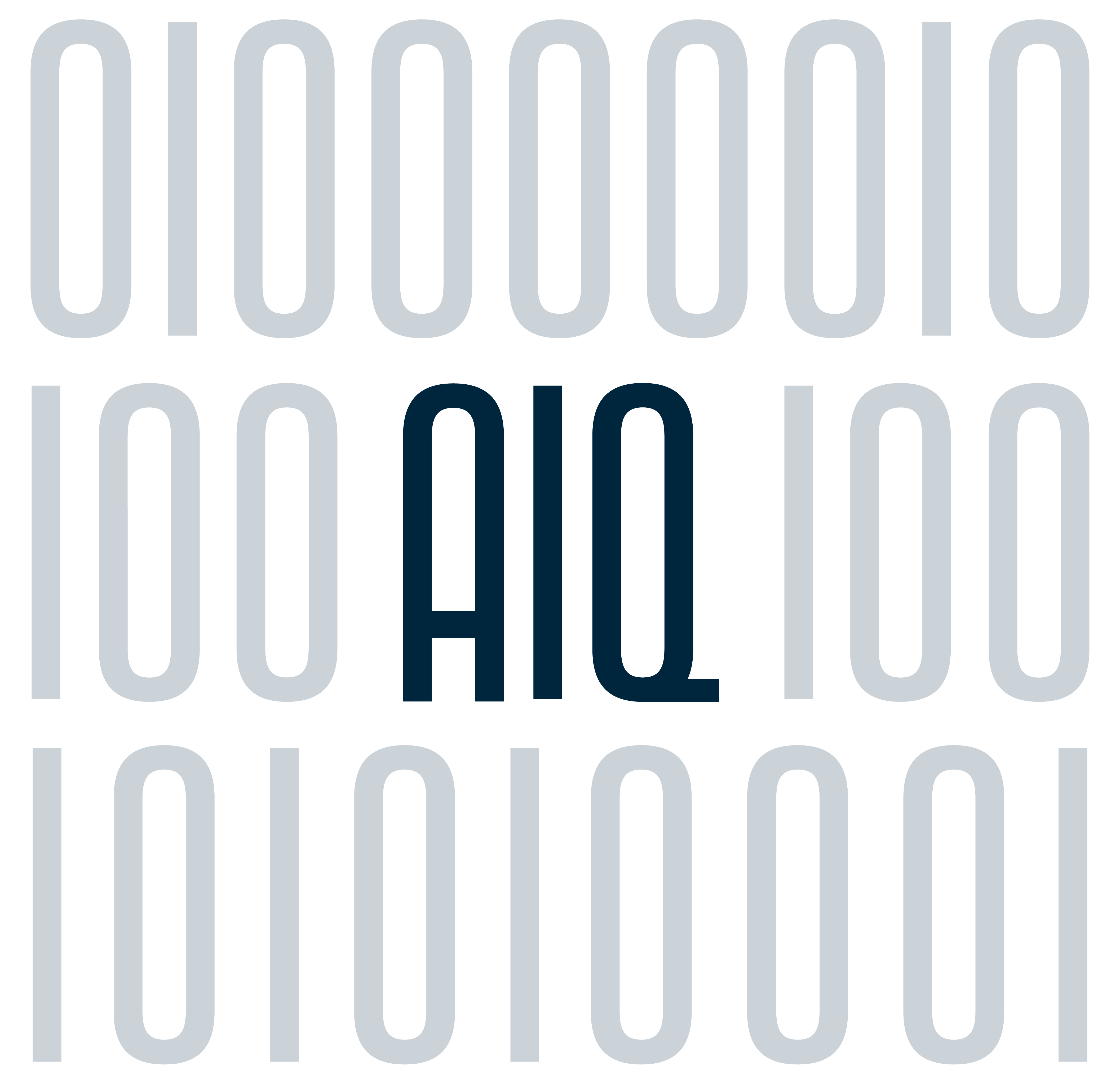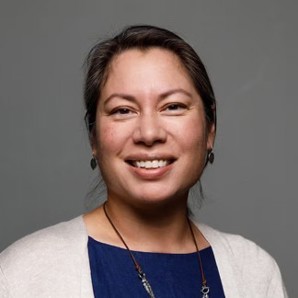-
Exhibition
Exhibition
As Canada’s Leading Energy Event, the Global Energy Show is the largest B2B exhibition and conference engaging with industry buyers and sellers, stakeholders and partners, CEOs and young professionals together to share knowledge and fuel innovation in the ever-changing energy landscape.
-
Sponsorship
Sponsorship
Gain exclusive visibility and connect with key decision-makers across the energy sector. Elevate your brand while positioning your company as a leader in shaping the future of energy.
-
Conferences
Conferences
The conferences at the Global Energy Show bring together industry leaders to tackle energy security, climate responsibilities, and global demand challenges. The Executive Conference will gather industry leaders, government representatives and major global players for a national dialogue that is critical to developing practical frameworks, policy, actions and guidelines to shape “Canada’s Energy Mandate to 2030”.
-
Special Features
Special Features
The 11th edition of the Global Energy Show Canada Awards celebrates excellence in the energy industry across Canada and globally.
-
Media
Media
Our Media & Association Partners benefit from unique access to the global forefront of natural gas, LNG, hydrogen, climate technologies, energy manufacturing, and low carbon solutions.
-
Travel
Travel
Take advantage of preferred rates at partner hotels and airlines of Global Energy Show Canada!
-
Volunteer
Volunteer
Step into your volunteer role and enjoy Global Energy Show Canada conference and Exhibition


